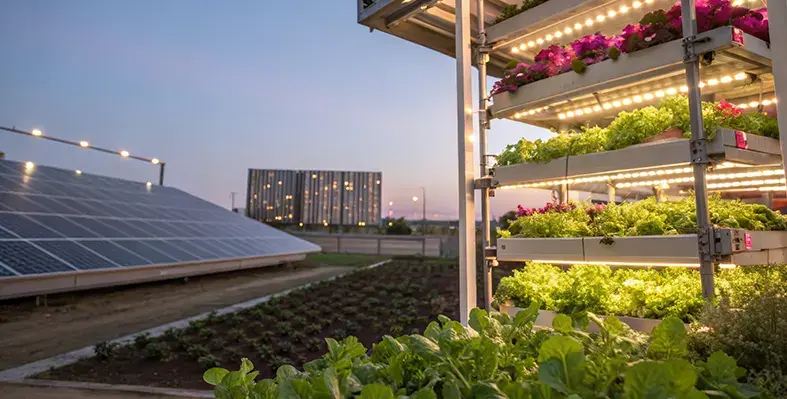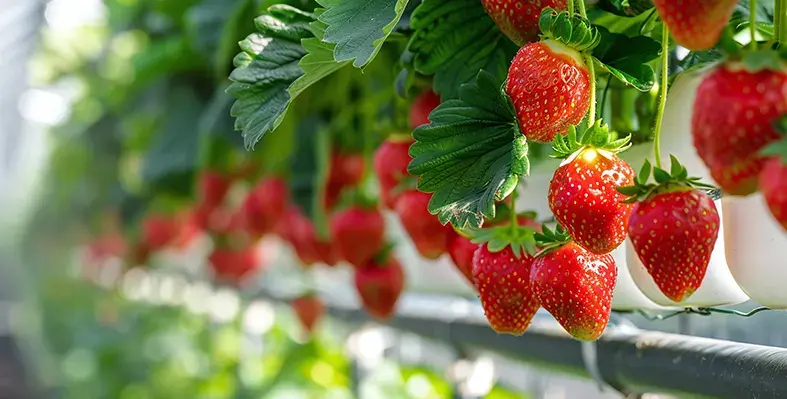Taiwan has approved two new blue carbon methodologies aimed at enhancing mangrove and seagrass ecosystems to help meet its net-zero emissions target by 2050
These new carbon reduction strategies - Mangrove Afforestation and Seagrass Restoration - were developed collaboratively by the Ministry of Agriculture (MOA) and the Ocean Affairs Council (OAC).
A "carbon sink" is a natural system that absorbs more carbon dioxide (CO₂) than it releases, playing a vital role in tackling climate change by reducing greenhouse gases. Taiwan’s new methodologies will now calculate and manage the carbon stored in mangroves and seagrasses, both of which are considered blue carbon sinks.
The Mangrove Afforestation methodology involves planting mangroves in designated areas, such as abandoned salt pans, fish farms, and reservoirs, to increase carbon storage in the ecosystem. According to the MOA, the site must have been free from industrial activities for at least two years before the project begins. Moreover, the initiative should not interfere with existing industries to avoid negatively impacting local livelihoods. The species of mangrove used must be suitable for the local conditions. Developers are also required to manage hydrology, sediment, salinity, and water quality to optimise growth and carbon capture while preventing the overgrowth of mangroves.
Similarly, the Seagrass Restoration methodology focuses on planting seagrass in marine and coastal areas, including artificial wetlands. Like the mangrove strategy, developers must ensure the right conditions for seagrass growth, managing water movement, sediment, salinity, and water quality. Marine life can only be removed from the area if necessary to protect the seagrass.
Before starting, developers must verify land use legality, conduct environmental assessments, and hold public consultations. All findings must be documented.
Taiwan is committed to using blue carbon ecosystems to achieve its net-zero target by 2050. The government hopes these new methodologies will encourage more organisations to take part in blue carbon projects. A 2023 study found that seagrass beds cover around 5,481 hectares in Taiwan, while mangroves span 681 hectares.
In addition to the new blue carbon methods, Taiwan has also added three new agricultural carbon offset methodologies since 2024. The MOA continues to refine these strategies to help companies access voluntary carbon credits.








